Mega power project cost goes down
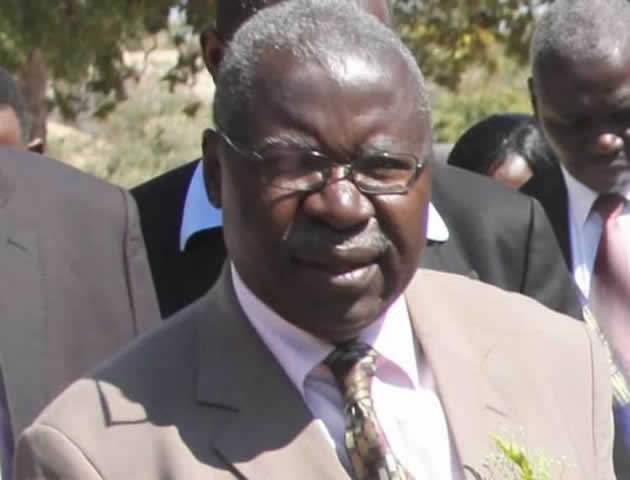
Patrick Chitumba, in Victoria Falls
THE projected cost of the proposed Batoka Gorge Hydro-electric scheme on the Zambezi River has been revised downwards from $6 billion to $4 billion.
The revision comes as the Zimbabwe and Zambian governments intensified work on the project.
Both Governments have since allayed fears that the proposed scheme could result in flooding in the resort town of Victoria Falls, threatening water sports.
Addressing journalists from both Zambia and Zimbabwe at a two-day media tour at the proposed site of the project in Kasilili Village, about 80km from the resort town, the chairperson of Zambezi River Authority (ZRA), Mr Partson Mbiriri said it had been recommended that the dam will be “a runoff river scheme.”
He said the scheme meant that little amounts of water would be stored while the rest would be released immediately to generate power.
There has been an outcry by tour operators in Victoria Falls and Livingstone that if the project went ahead, they would be forced to stop white water rafting.
“There have been outcries that Victoria Falls will flood because of the dam wall to be constructed and yes we have to be careful of how high the dam wall and flow of the river would be. This type of a scheme is referred to as run-off river scheme meaning there would be little storage. The water will just flow through, generating electricity and that will not flood Victoria Falls. We’ve learnt from how the Kariba dam was constructed,” he said.
Mr Mbiriri who is also the permanent secretary in the Ministry of Energy and Power Development said the dam wall will be about 100 metres high, generating 1 200 megawatts of electricity for both Zimbabwe and Zambia. He said both countries would each have a hydro power station.
“Both countries will produce 1 200 megawatts each and double the current production we have at Kariba dam.
“We however have more sites along the Zambezi River which we can utilise to produce power,” said Mr Mbiriri.
He said they were looking for $4 billion to fund the project which is expected to be completed in 2024.
Mr Mbiriri said two years ago, the project had been projected to cost $6 billion.
“The fact of the matter is that two years ago we didn’t have a grip on what this will cost but now we’re getting closer to the truth with detailed bills of quantities. This is what it is,” he said.
Mr Mbiriri said there were potential funders and the African Development Bank was among them.
He said the financial institution funded the feasibility studies.
“We’re not quite there yet in terms of construction of the dam but once we start, we’ll have a [low] carbon footprint and hydro cost is cheaper because the power will be blended with power from Hwange to bring the cost of power production down,” he said.
ZRA chief executive officer Engineer Munyaradzi Munodawafa said local and Zambian indigenous companies had benefited from $8 million that went into the construction of access roads and conducting of environment impact assessment plan.
The project will employ 3 000 people in both countries.
@pchitumba1

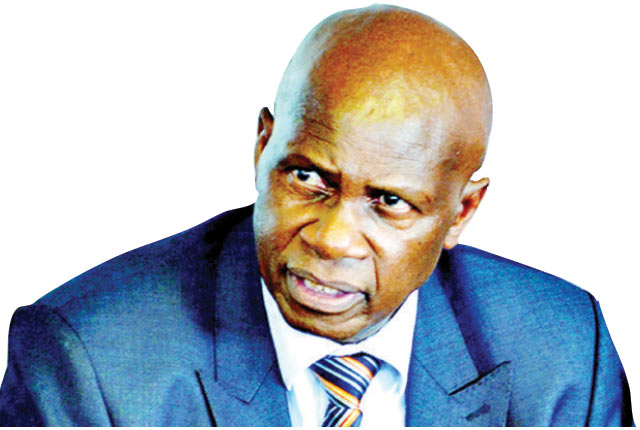

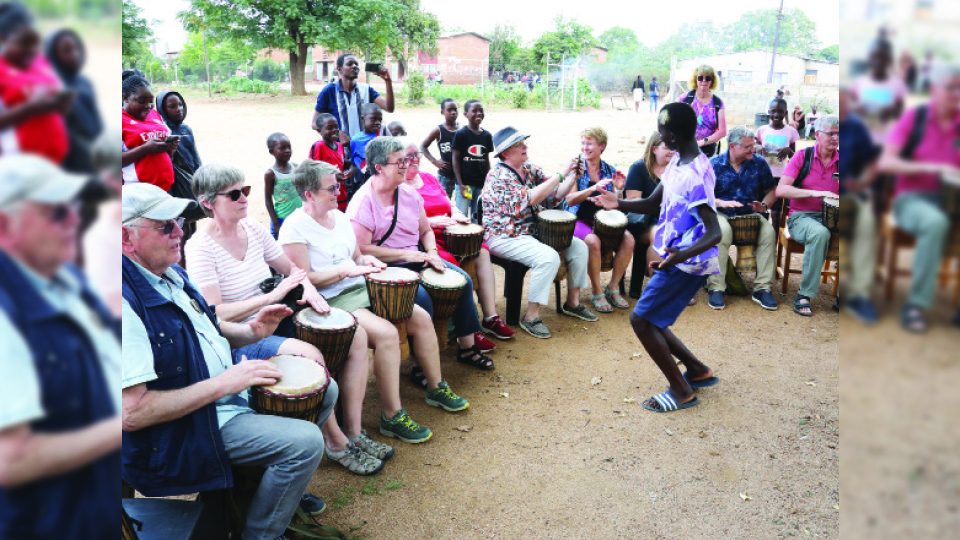
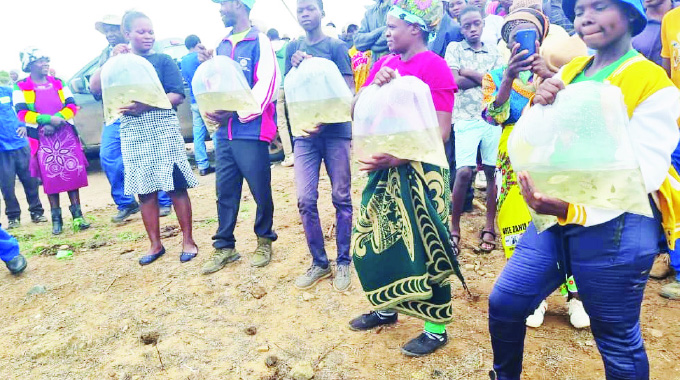
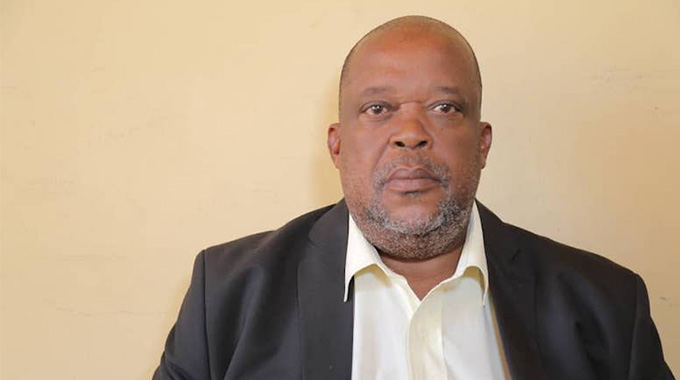


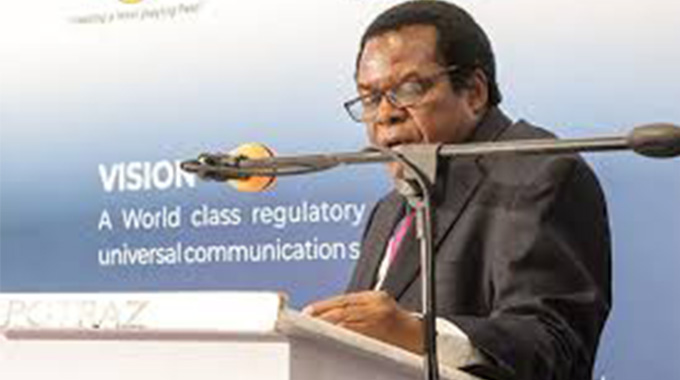



Comments